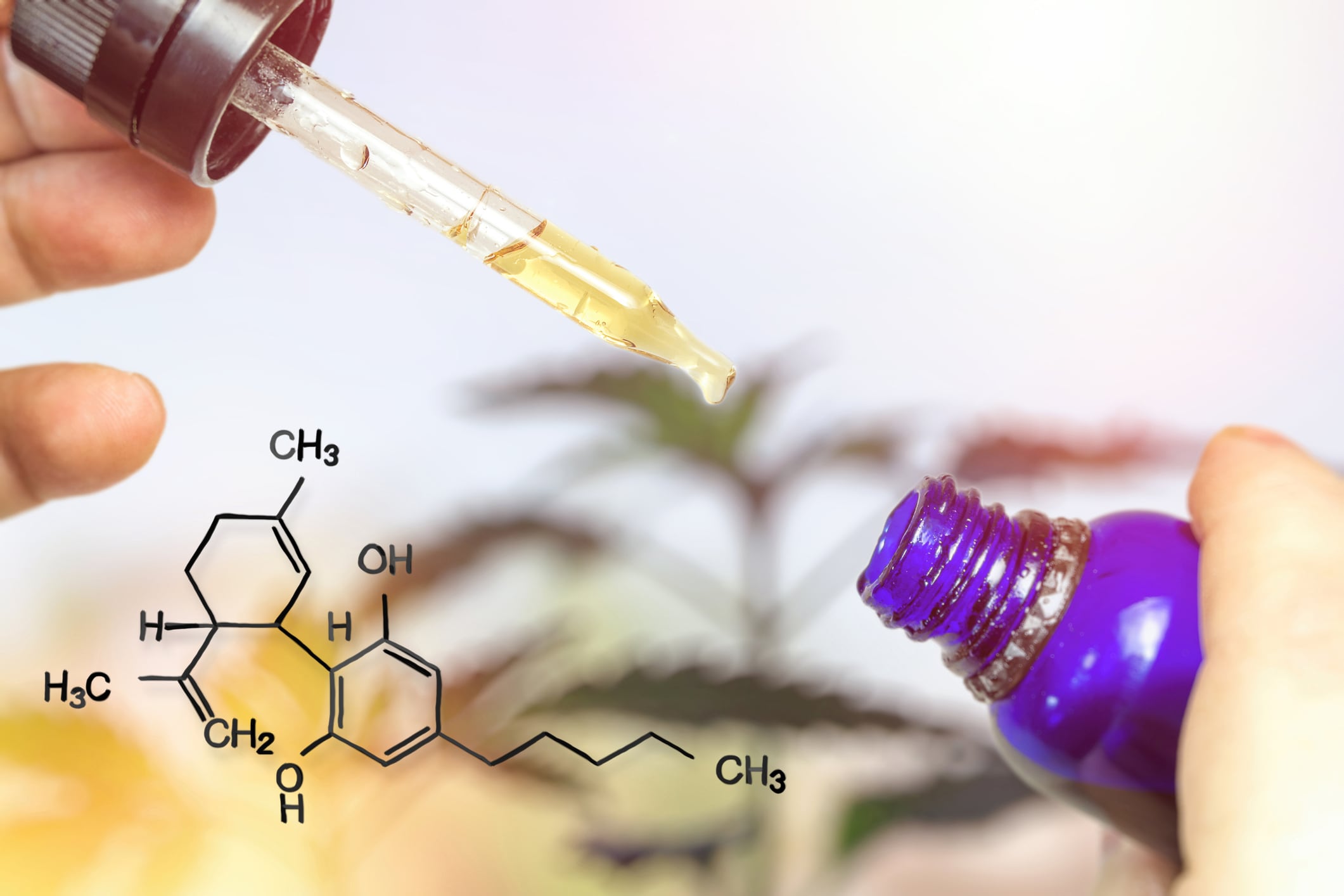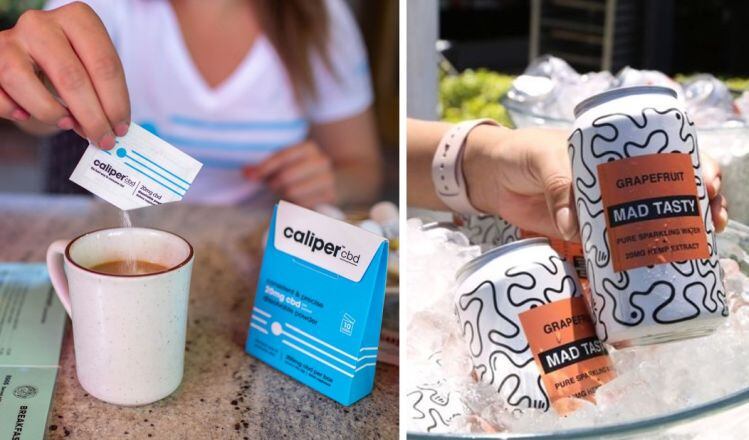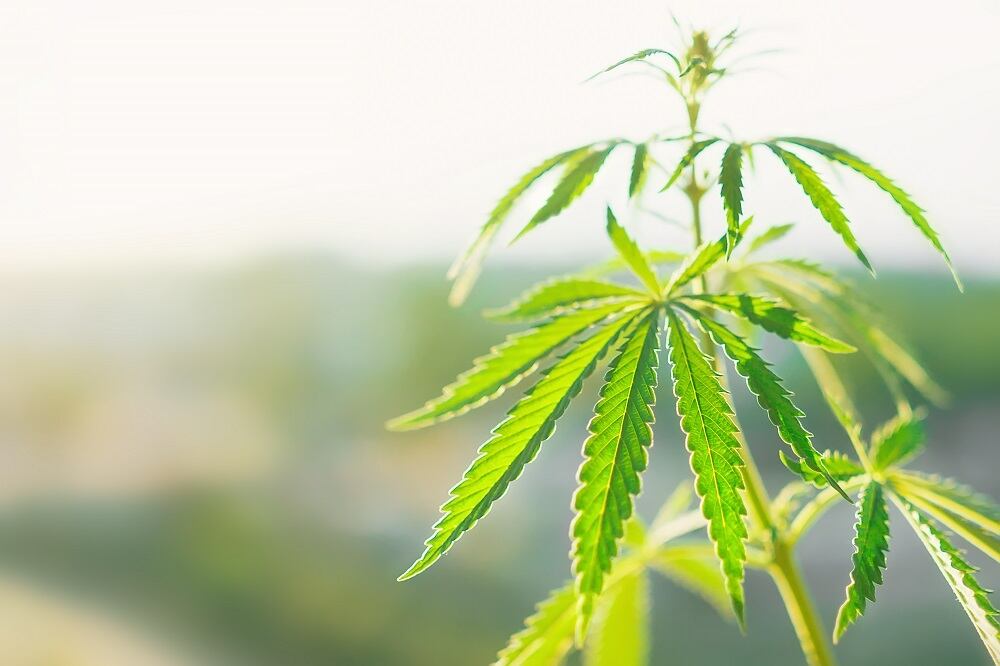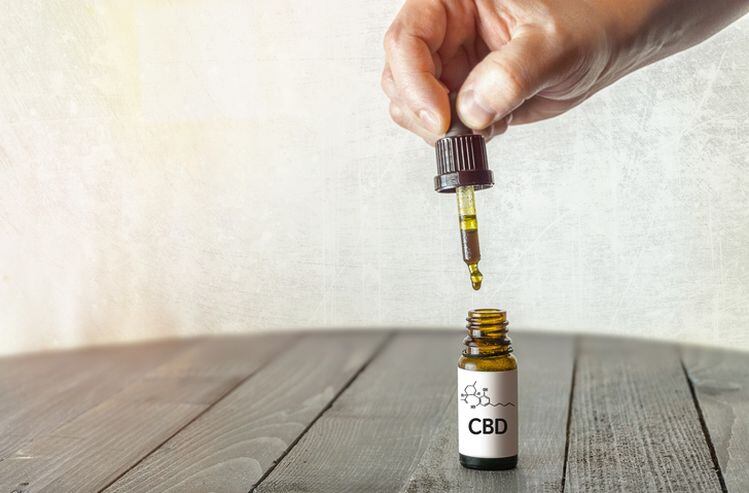The case* is the latest in a series of lawsuits filed against CBD brands in recent months, with some focusing on discrepancies between stated and actual levels of CBD or other cannabinoids; some focusing on unsubstantiated health claims; and others querying products’ legal status given that the FDA says it’s not legal to add CBD to foods, beverages or supplements because it was first investigated as a drug.
In a lawsuit filed in Florida on May 4, plaintiff Michael Davis alleges that CBD American Shaman “aggressively markets its products as ‘all natural’ and as having no heavy metals or insecticides,” citing test results from ProVerde Laboratories showing ‘PASS’ results for various contaminants.
After sending products from CBD American Shaman to the same lab for testing, Davis received results suggesting that some products were well above the lab’s thresholds for heavy metals including lead, copper, and nickel.
“This means that not only does the product contain heavy metals (contrary to the defendant’s claims), but also that the presence is of such concentration as to fail laboratory testing," says the complaint.
Test results for tinctures supplied by ProVerde to the plaintiff allegedly also showed yeast and mold levels three times higher than ProVerde’s limits (although CBD American Shaman does not make any on-pack claims abut the absence of mold/yeast).
Plaintiff’s attorneys are sending CBD products off for testing
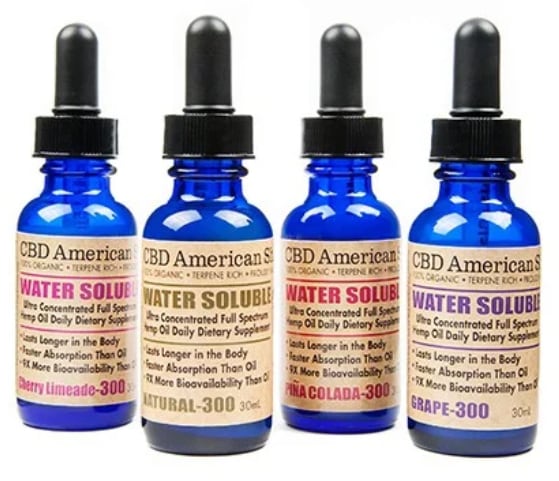
Neither CBD American Shaman or ProVerde Laboratories (which is not named as a defendant in the lawsuit) responded to requests for comment on the lawsuit, which highlights the vulnerability of firms operating in a market without clear standards for quality, safety and labeling, said Greg Kaufman, a partner at law firm Eversheds Sutherland.
Given the dearth of scientific data and the risk of attracting regulatory scrutiny, making health-related claims about CBD is risky, so many brands are instead highlighting quality standards, said Kaukman, who will be speaking at FoodNavigator-USA’s ‘Where next for hemp and CBD?’ webinar on May 20.
In many cases this means giving consumers access to lab tests to show you are testing for things like molds, pesticide residues and heavy metals, he said, which can attract unwanted attention if plaintiff’s attorneys send products for testing and find discrepancies between their results and yours.
Conversely, even if brands don’t make any explicit claims (‘pesticide-free,’ ‘no heavy metals’) and plaintiffs's lawyers run their own tests and find contaminants, consumers “will still have claims based on the allegation that they were not aware of the health risks associated with consuming these products, contaminants included,” he added.
Finally, litigating a case with competing lab reports “will really test the credibility of the parties and the labs,” he said. “Whose test was right? Can the product be tested again? Is the product in a condition to be tested again to get comparable results? Did the Plaintiff or the Defendant contaminate the product before or after testing? Lots of interesting issues to ponder.”
Hemp certification program gains traction: ‘More retailers are using this as part of their supplier verification program’
Cases like this only underscore the need for federal standards, and in their absence, industry-led initiatives that can give buyers the confidence that brands are behaving responsibly when it comes to testing and sampling, said Marielle Weintraub, president at the US Hemp Authority, which is funded by U.S. Hemp Roundtable, a coalition of hemp companies from Charlotte’s Web to CV Sciences.
"Too little CBD is not going to harm anyone, it's wrong and you're lying to people [if the amount in your product doesn't match what you state on the label]; what scares me more is when people are not testing for heavy metals, not following GMPs, not testing what a phytoremediation plant** needs to be tested for."
The Authority’s certification program was originally conceived as “an easy way for consumers to identify products that can be trusted” but is increasingly becoming something that retail buyers are using to vet suppliers, she claimed.
“By the end of 2019 we’d certified 60 companies and farms and we now have a wait list of 221 companies so it’s moving really fast,” which is why FoodChain ID was brought in as an administrator to handle the audits, which are still continuing during the coronavirus pandemic, she said.
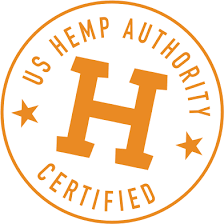
We’re starting to get more calls from big box stores
“More retailers are using our seal as part of their supplier verification program, and some won’t accept products that don’t have it. We’re starting to get more calls from big box stores trying to understand our guidance and how that might fit into their supplier verification programs.
“We are trying to standardize the industry and give FDA confidence; we cite specific methods to be used for testing, require people to use ISO accredited labs, fit for purpose testing methods because we want the hemp industry to survive.
"Everything is also published and clear so we define what we mean by 'broad spectrum' or 'full spectrum,' so when you see a product using one of those terms that also has a Hemp Authority certified label, you know what it means."
'We are trying to standardize the industry'
Having a seal tells a retailer that clear published standards have been followed at every step of the supply chain, from growing to storage to extraction, to label claims, and provides an extra layer of comfort and security, she told FoodNavigator-USA.
While not every CBD player was on board when the scheme first started, many more brands have since got on board as guidance procedures for the seal were updated following extensive consultation and feedback, she claimed.
*The case is Michael Davis et al v CBD American Shaman Case no. 0:20-cv-60897 filed in the southern district of Florida on May 4.
**Phytoremediation plants suck up contaminants such as heavy metals and pesticides from the soil.
Where next for hemp and CBD?
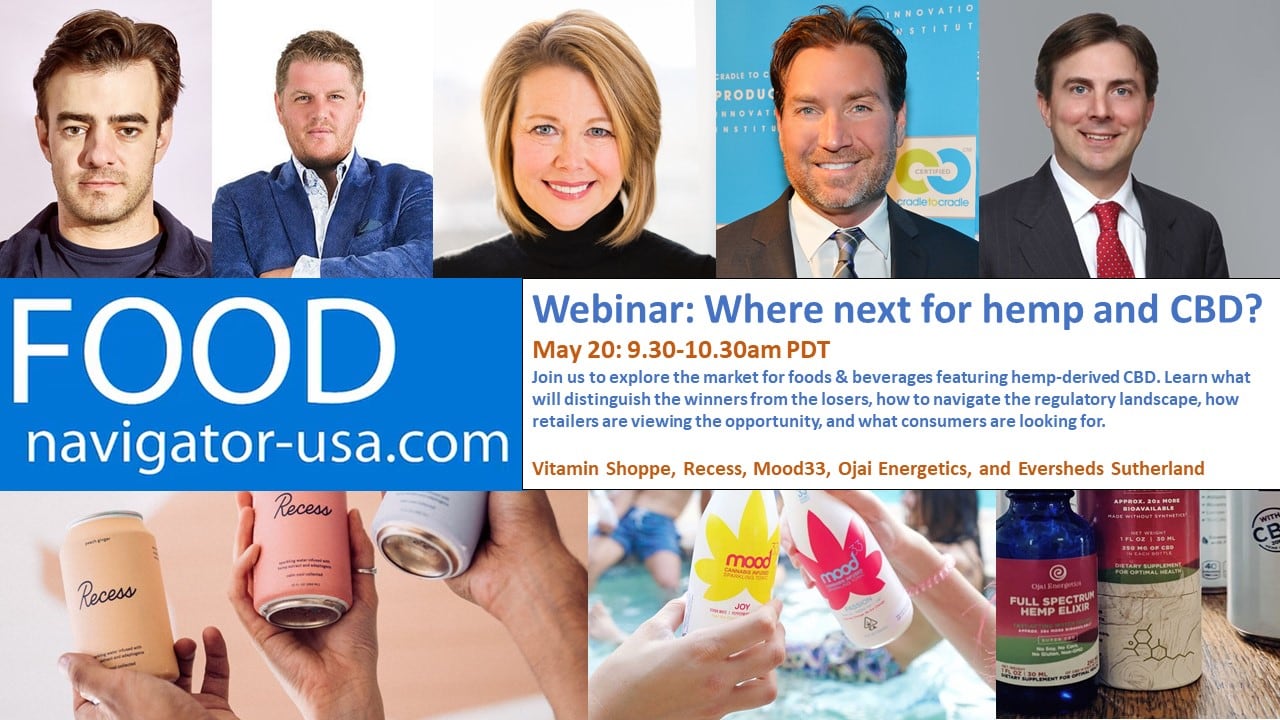
Join the CEO of Vitamin Shoppe, the founders of hemp-infused beverage brands Recess and Mood33 and water-soluble CBD specialist Ojai Energetics, and Greg Kaufman at Eversheds Sutherland to explore the market for foods and beverages containing hemp-derived CBD at our FREE webinar, Where next for hemp and CBD? on May 20.

